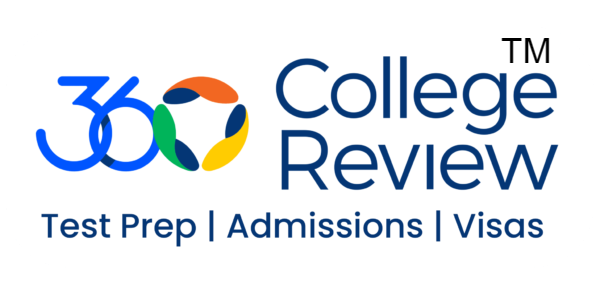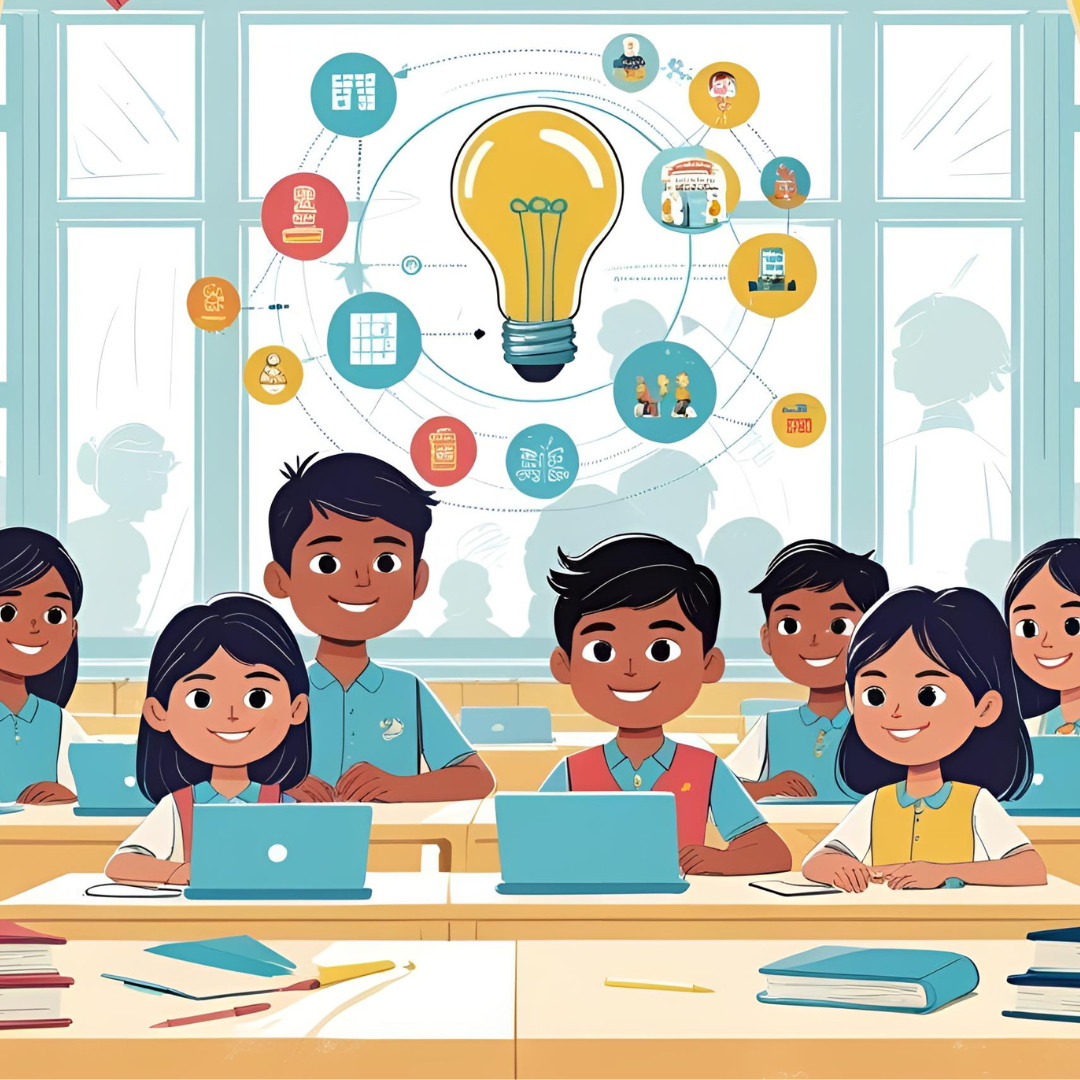
The 2025-26 education landscape is at a pivotal point in which personalized learning has matured. Among the main expectations of NEP 2025 are Personalised and Adaptive Learning which will be incorporated to assist students in filling the historical learning gaps. This becomes a major change in approach towards the traditional one-size-fits-all learning process and the truly individualized educational experience. The contemporary personalized learning is an educational ecosystem where the individual learning path of every student is meticulously designed based on data-based knowledge, adaptive technologies, and the support system. This methodology acknowledges the fact that there are different students with different learning styles, speed and strengths of learning which need to be given a differentiated approach of teaching.
The strategic available policy frameworks currently focus on Ensuring availability of Region-Specific Content to make learning more contextualized and inclusive with the aim to ensure that in personalized learning, it is not just the individual differences that are taken into account, but also the cultural and regional contexts that have a bearing on the student engagement and understanding. Personalized learning in the modern era is based on constant formative and summative assessments, which offer minute details about the student comprehension. These assessments are not based on the traditional testing but involve project-based assessments, peer-assessments, and demonstration of the practical application.
These days, students from secondary classes are trained on AI coding and advance approaches along with their subjects to align with the future tech revolution. Educators can utilize AI for development of adaptive learning technology. AI will process student data to personalize education content to give each student a personalised learning journey, and make real-time adjustments to curriculum delivery in response to student performance patterns, and learning preferences. These advanced programs continually track students and can detect deficits in knowledge and then dynamically change difficulty, pace and instructional delivery. The solution that AI uses is to know the specifics of user behavior, preferences, and performance to offer customized content recommendations so that educational resources can be tied to the exact learning goals and abilities. Educational institutions have to ensure that technological growth is combined with the aspect of accessibility so that the benefits of personalized learning are extended to every student whether they are rich or poor, and whether they live in a large city or in the remote area.
Improved Teachers-students’ relationships: Teachers shift their role as content dispensers to learning enablers and coaches, offering specific help and assistance to each student according to his needs and difficulties. Family and Community Integration: The successful personalized learning should not be limited to the classroom but should include family and community engagement and resources to develop a comprehensive support system around the student to provide them with the maximum opportunity to ensure that all students can thrive, learn, and experience success in their education and succeed in their future academic and professional lives.
Individualized learning in the 2025-26 curricula is not just an educational revolution but it is also a promise to discover and develop the individual potential of every pupil. At 360 College Review, our counselors help students to understand their study options and career paths with personalized counseling sessions curated from assessments.
– The Author is Mr. Ajay Thiara , Founder & Managing Director of 360 College Review

